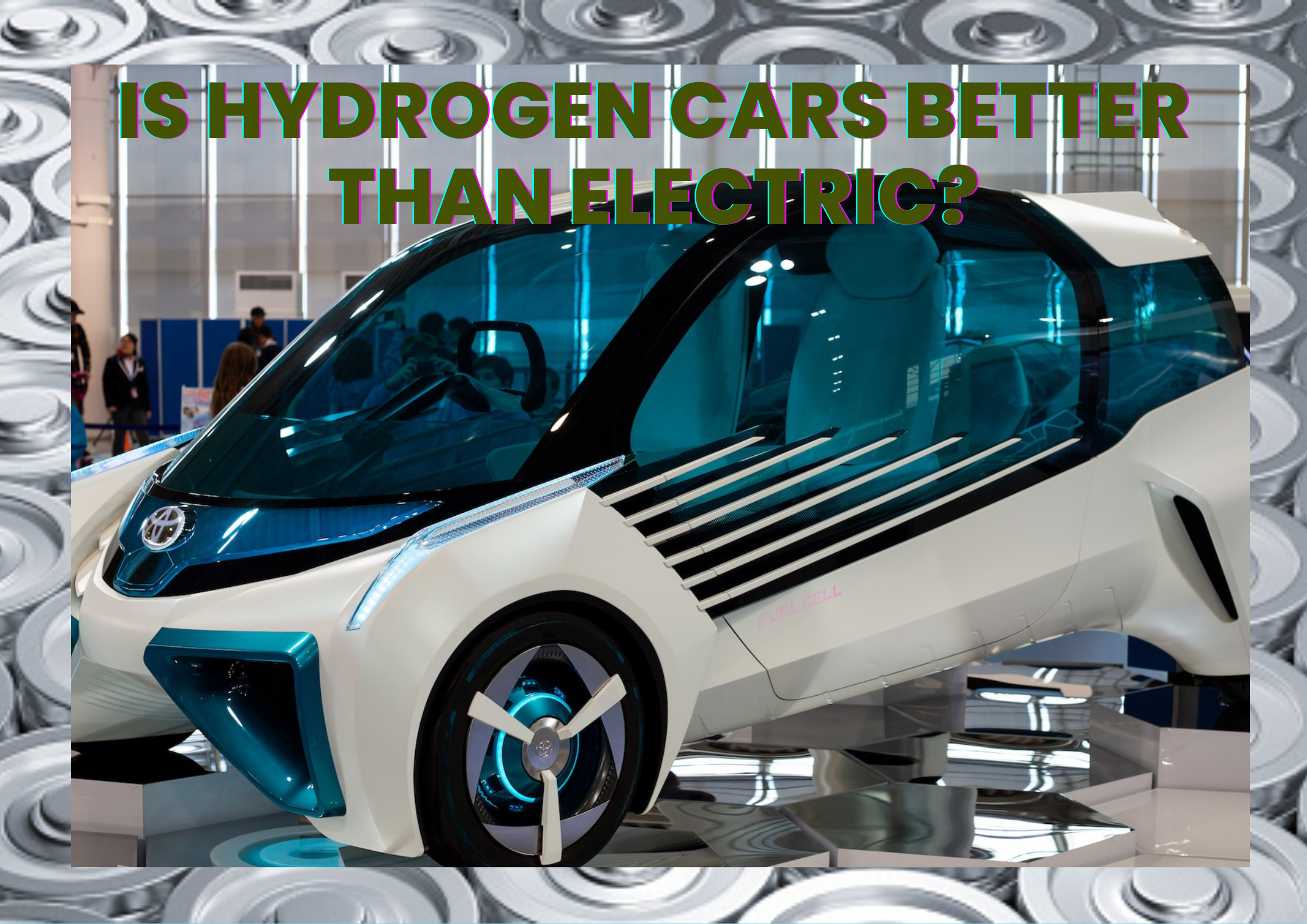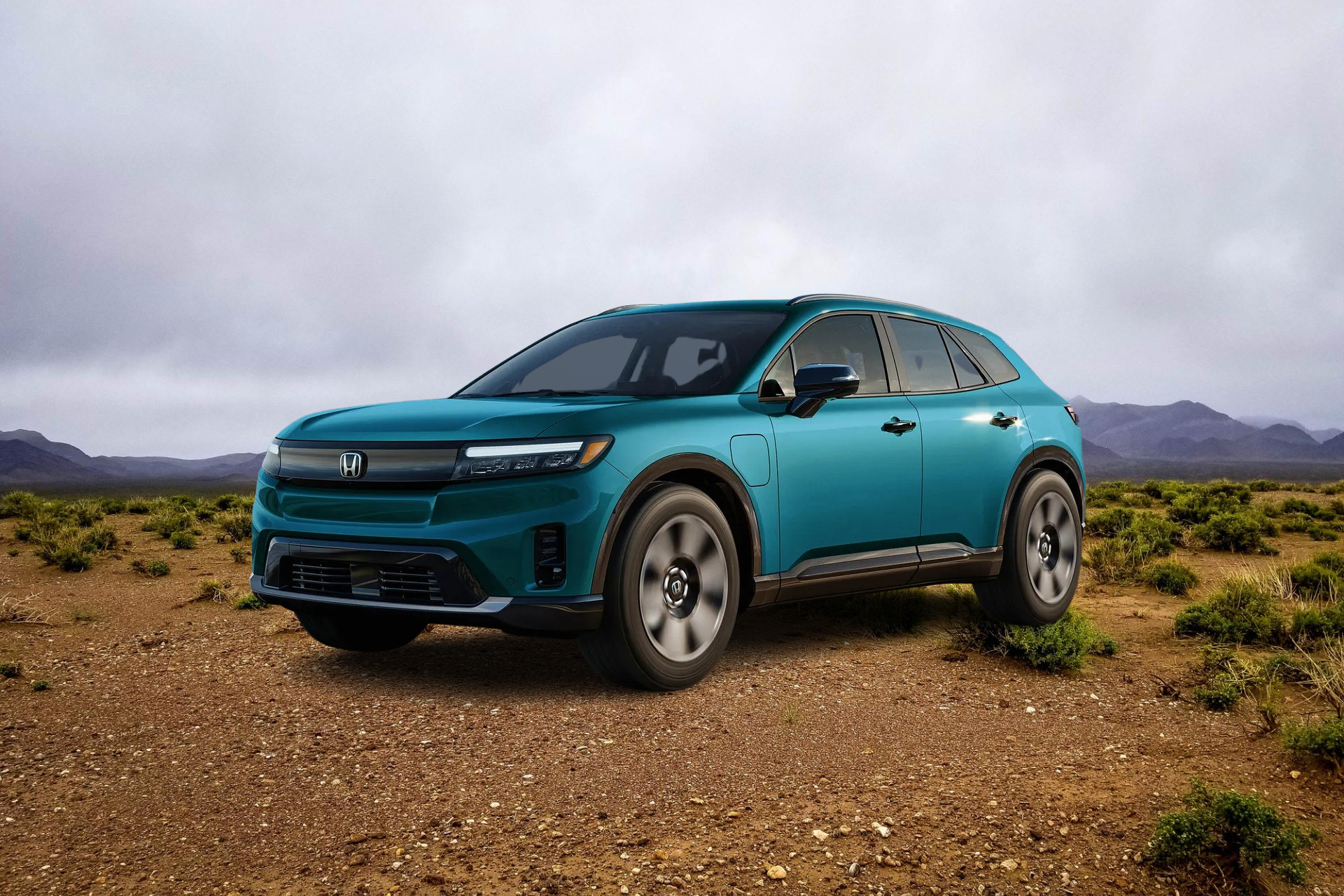A hydrogen car is a vehicle powered by a fuel cell that uses hydrogen as its primary fuel. The fuel cell combines hydrogen and oxygen to produce electricity, which powers the vehicle. Hydrogen cars are considered to be environmentally friendly because the only by-products of the reaction are water and heat.
The hydrogen is stored in pressurized tanks and is delivered to the fuel cell where the chemical reaction takes place. Inside the fuel cell, the hydrogen atoms are split into protons and electrons. The protons pass through a special membrane, while the electrons are sent through an external circuit, creating the electricity required to power the vehicle. The protons and electrons then come together again, recombining with oxygen to form water. This is then expelled as vapor from the tailpipe.
Hydrogen cars are typically more efficient than gasoline-powered cars and produce fewer emissions. They also tend to be quieter and require less maintenance. However, they are still relatively expensive to produce and the infrastructure to fuel hydrogen cars is still in the early stages of development.
How Do Hydrogen-Powered Fuel Cell Electric Cars Operate?
Fuel cell electric vehicles (FCEVs) use hydrogen as their source of fuel. Hydrogen is a clean-burning, renewable energy source that can be produced from a variety of sources, including natural gas and renewable sources such as wind, solar, and geothermal. FCEVs combine hydrogen and oxygen from the air to create electricity, which powers the vehicle. This energy conversion process is called electrolysis and produces water as a by-product. FCEVs are efficient, producing fewer emissions than traditional gasoline-powered vehicles, and they offer a quiet and clean driving experience. Additionally, refuelling FCEVs takes just a few minutes, making them ideal for long trips.
Hydrogen Fuel-Cell Vehicles
Hydrogen fuel-cell vehicles are a great way to reduce your environmental impact. They use an electrochemical process to convert hydrogen gas into electricity, and emit only water vapor as a byproduct. The hydrogen is stored in a tank, and can be refilled in a matter of minutes. This makes them a great alternative to traditional gasoline and diesel engines, as they emit far fewer emissions. Additionally, they offer excellent range, as they are typically more efficient than traditional engines. If you’re looking to reduce your environmental footprint and save money on fuel, hydrogen fuel-cell vehicles are a great option.
Hydrogen fuel Car
We understand that you’re interested in using hydrogen as an alternative fuel source, and we’d be happy to help you find the perfect cars for your needs. We recommend checking out the Toyota Mirai, Honda Clarity, Hyundai Nexo, and Nissan X-Trail, as these cars are some of the most popular hydrogen fuel cars on the market. They all offer great performance, fuel efficiency, and safety features. Additionally, you may want to consider a few other options, such as the Audi A3 Sportback g-tron, the Mercedes-Benz GLC F-Cell, and the Kia Niro. Be sure to read up on each car’s features and specifications to find the best fit for you. Best of luck!
Toyota Mirai
The Mirai is one of the few cars in the world powered by a hydrogen fuel cell, allowing it to travel up to 312 miles on a single tank. It’s also incredibly efficient, with zero emissions, and the hydrogen refilling process is quick and easy. The interior is well-crafted and comfortable, with a smooth ride and plenty of tech features. The Mirai is a great option for eco-friendly drivers looking for a reliable and efficient vehicle.
Honda Clarity
The Clarity is Honda’s first hydrogen-powered vehicle, offering a great combination of efficiency, comfort, and convenience. It has a range of up to 366 miles on a single tank of hydrogen, making it perfect for long trips. It also has a spacious interior, with plenty of legroom for passengers, and plenty of cargo space for storing luggage or other items. Best of all, it’s powered by an eco-friendly fuel source, so it won’t harm the environment. Thanks for asking about the Honda Clarity hydrogen car – we hope this information has been helpful!
Hyundai Nexo
The Hyundai Nexo is a hydrogen-powered electric SUV that is part of Hyundai’s eco-friendly vehicle lineup. It has a range of up to 380 miles and a top speed of 111 mph. It also features an advanced safety system with lane keeping assist, forward collision avoidance assist, and blind spot view monitor. Its interior is well-appointed with a 10.25-inch touchscreen display, wireless charging, an 8-speaker audio system, and a heads-up display. If you’re looking for a reliable, eco-friendly vehicle that provide a smooth and comfortable ride, the Hyundai Nexo is a great option.
Nissan X-Trail
The Nissan X-Trail is a great vehicle packed with features and an impressive level of comfort. It features a powerful engine, a comfortable interior, and a variety of advanced safety features. It also offers great fuel economy and a spacious interior, making it a great choice for families. With its long list of features, the Nissan X-Trail is sure to make your drive effortless and enjoyable.
Mercedes-Benz GLC F-Cell
The Mercedes-Benz GLC F-Cell is an innovative and eco-friendly car that combines the convenience of a traditional gasoline-powered vehicle with the clean power of hydrogen fuel cells. It’s the world’s first series-production model with a fuel-cell and plug-in hybrid powertrain, delivering up to 478 miles of range on a single charge. The GLC F-Cell also offers a wide range of impressive features, including adaptive suspension, active safety systems, and a luxurious interior. It’s an excellent choice for those looking for an eco-friendly ride without compromising on performance and luxury.
Hydrogen cars vs electric cars
Generally speaking, hydrogen cars and electric cars are both eco-friendly options when it comes to transportation. However, there are key differences between the two. Electric cars run on electricity stored in a battery, while hydrogen cars run on a fuel cell that combines hydrogen with oxygen to create electricity. Electric cars tend to be cheaper and more efficient, while hydrogen cars have a longer range and are a bit faster. Ultimately, the choice between the two comes down to personal preference and lifestyle needs.
If you are more interested to know about hydrogen vehicles, please comments.



